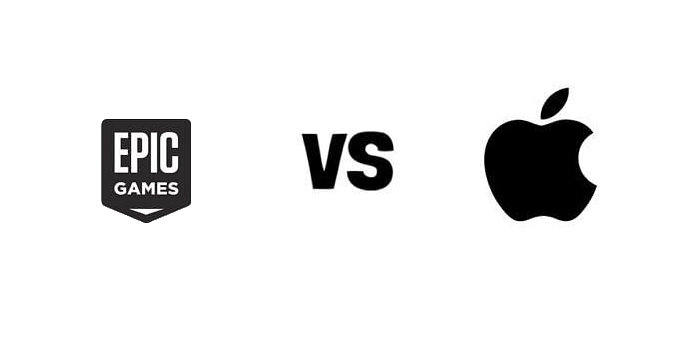A decision on Epic Games v. Apple trial was announced today in which U.S. District Judge Yvonne Gonzalez Rogers has ruled in favor of Apple on all accounts other than one – ruling that Apple’s anti-steering conduct restricting developers from offering third-party payment methods is anti-competitive.
A permanent injunction has been issued against Apple that will prevent it from forbidding developers from directing their users to third-party payment options from outside of Apple’s ecosystem.
For those of you who are not aware, Apple had removed Epic Games‘ Fornite for iOS from the App Store after the later offered a direct payment method to circumvent App Store payment.
The court has also ruled that Epic Games has failed in demonstrating that Apple is an illegal monopolist, noting “Success is not illegal”.
Given the trial record, the Court cannot ultimately conclude that Apple is a monopolist under either federal or state antitrust laws. While the Court finds that Apple enjoys considerable market share of over 55% and extraordinarily high profit margins, these factors alone do not show antitrust conduct. Success is not illegal. The final trial record did not include evidence of other critical factors, such as barriers to entry and conduct decreasing output or decreasing innovation in the relevant market. The Court does not find that it is impossible; only that Epic Games failed in its burden to demonstrate Apple is an illegal monopolist.
Judge Rogers also agreed that Epic Games breached on its App Store contract when it offered a direct payment method in Fortnite for iOS. The court has ruled that Epic Games needs to pay 30% of $12,167,719 it collected in revenue from Fortnite for iOS between August and October 2020 while the direct payment method was available.
On the counterclaim, in favor of Apple on the counterclaim for breach of contract. Epic Games shall pay (1) damages in an amount equal to (i) 30% of the $12,167,719 in revenue Epic Games collected from users in the Fortnite app on iOS through Epic Direct Payment between August and October 2020, plus (ii) 30% of any such revenue Epic Games collected from November 1, 2020 through the date of judgment, and interest according to law.
The court has ruled that Apple decision to terminate Epic Games developer account and as a result removing Fortnite for iOS from the App Store was lawful. The company is also free to allow or not allow Fornite back into the App Store.
Apple’s termination of the DPLA and the related agreements between Epic Games and Apple was valid, lawful, and enforceable, and (ii) Apple has the contractual right to terminate its DPLA with any or all of Epic Games’ wholly owned subsidiaries, affiliates, and/or other entities under Epic Games’ control at any time and at Apple’s sole discretion.
You can read the full judgement on Epic Games vs. Apple here. (9to5Mac)
Epic Games has already announced that it will appeal the judge’s decision. Epic Games CEO Tim Sweeney took to Twitter to stress the ruling, which has been in favor of Apple on all accounts but one “isn’t a win for developers or consumers”.
In another tweet Sweeney announced that Fortnite will return to the App Store “where Epic can offer in-app payment in fair competition with Apple’s in-app payment”.








